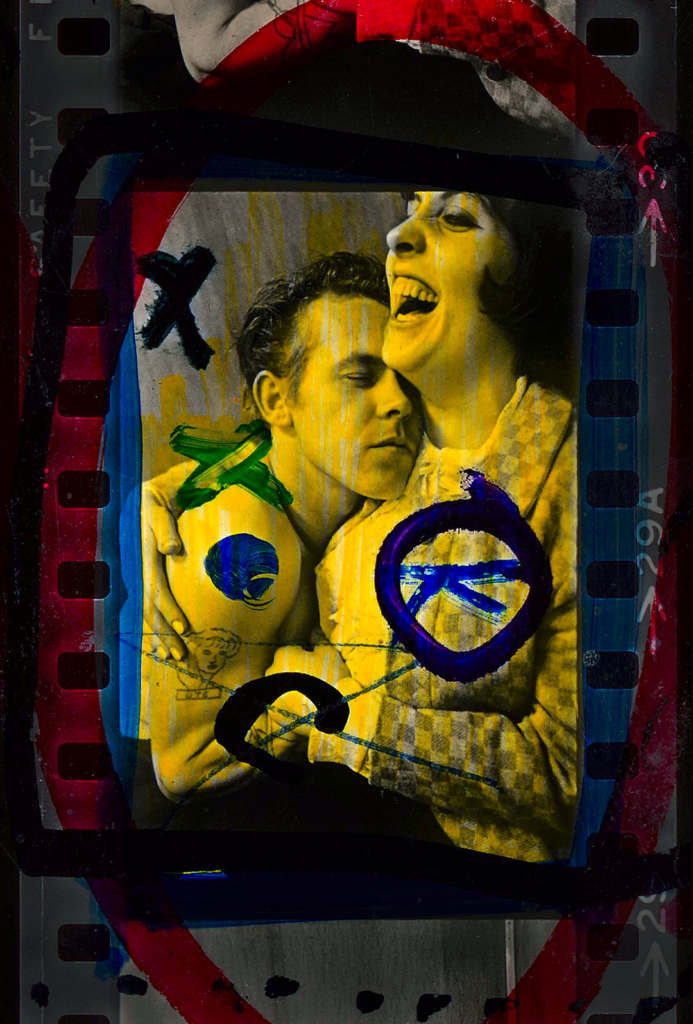
The “body without organs” is a central concept in the philosophy of Gilles Deleuze and Félix Guattari. It refers to a state of being or a mode of existence in which the body is no longer defined by fixed or predetermined structures, functions, or meanings.
According to Deleuze and Guattari, the body without organs is a state of pure potentiality, in which the body is free to explore and experiment with new modes of existence, without being constrained by social norms, expectations, or categories. In this sense, the body without organs is a kind of “undifferentiated” or “unformed” body that is open to new possibilities and experiences.
One example of the body without organs can be found in the realm of art, where artists often strive to create works that challenge established norms and conventions. For example, the avant-garde movements of the 20th century sought to break down traditional forms and structures in art, such as the representational or narrative forms found in painting and literature, and to explore new modes of expression that were more abstract, experimental, and open-ended.
Another example of the body without organs can be found in the realm of politics and social movements. In movements such as feminism, queer activism, and anti-racism, activists have sought to challenge established norms and power structures that define and constrain the body, such as gender roles, sexual norms, and racial categories. By disrupting these norms and creating new modes of existence, they seek to create a more liberated and equal society.
Overall, the concept of the body without organs is an important part of Deleuze and Guattari’s philosophy, and it has been influential in a wide range of fields, from art and literature to politics and social theory. It highlights the potential for creativity, experimentation, and liberation in the human body, and the importance of breaking down fixed or predetermined structures in order to create new possibilities and modes of existence.
Leave a Reply